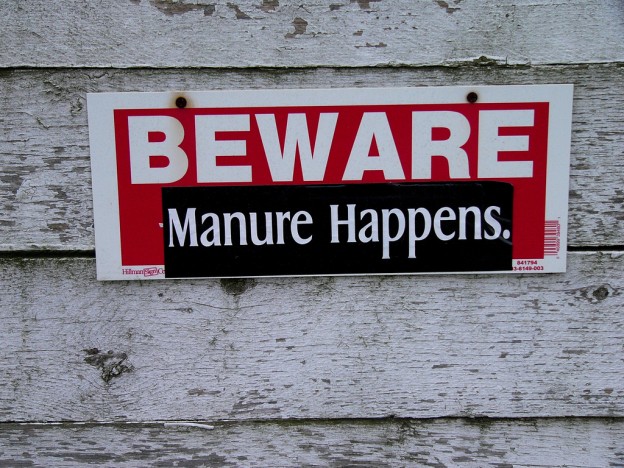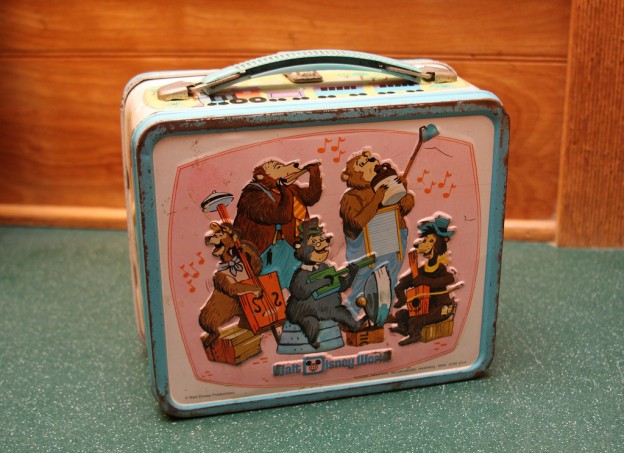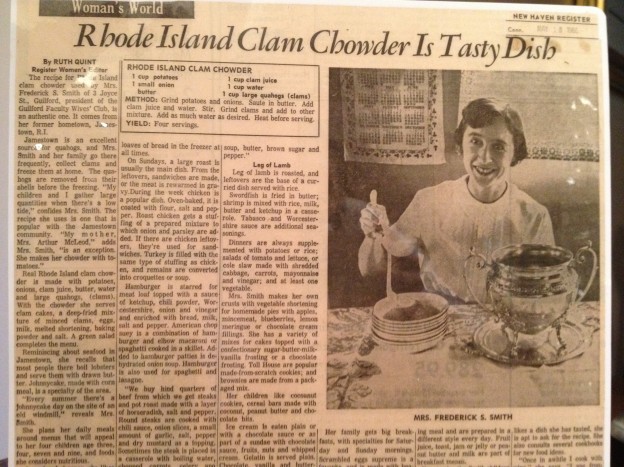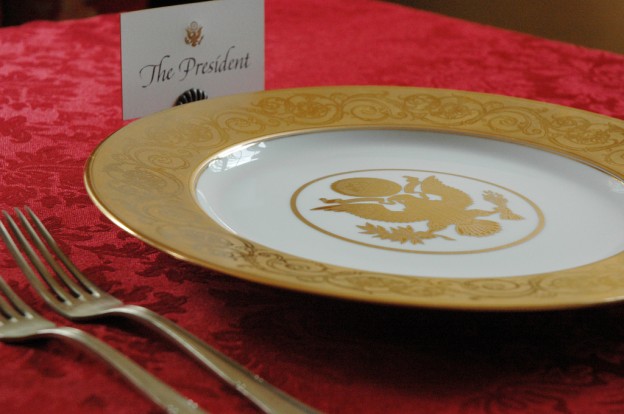
Photo: ktylerconk/Flickr
Food news at WBUR touched on some controversial issues today.
Tom Ashbrook of On Point hosted an hour-long conversation about the future of food with Josh Schonwald, a journalist, indoor aquaponic farmer in Chicago, and author of The Taste of Tomorrow: Dispatches From the Future of Food.
Schonwald’s main thrust is that science shouldn’t be considered a ‘dirty’ word when applied to food production, especially if we plan on adequately feeding the 9 billion mouths (estimated) that will eventually grace our planet. We’ll need a changed palate and a changed attitude towards food — especially as it relates to genetically-modifed agriculture.
Is this alarmist? Is this necessary, even — meaning, will we need to enhance our food with nutrients in order to ensure enough nutrition for everyone? Listen to the conversation here.
Next up, Robin Young of Here & Now spoke with Gene Logsdon, long-time farmer and author of Holy **: Managing Manure to Save Mankind. As unpalatable as it may sound to some, Logsdon reminds us that the pitchfork-wielding farmer takes animal waste and turns it into the food that sustains us. That virtuous cycle — grazing animals and letting them fertilize the land for more crops — makes manure our greatest and most misunderstood natural resource. Finding ways to turn all our waste into fertilizer is crucial to our survival, Logsdon argues, and he sees a future when companies might actually pick up refuse from homes and sell it to farmers. Listen to the interview here.
Less controversial than enthralling, oyster farms in Duxbury, MA, pump out fabulous-tasting, environmentally-friendly bivalves. Radio Boston co-host Meghna Chakrabarti visits Island Creek Oysters with chef Andy Husbands of Tremont 647 in the latest installment of the show’s “Farm to Fork” series.










